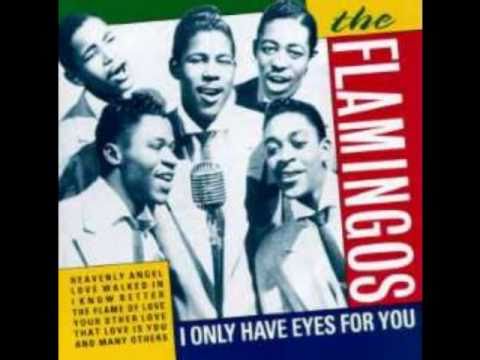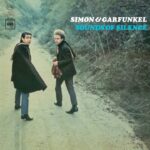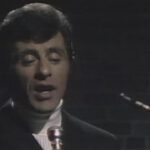Bright Eyes – Art Garfunkel
“Bright Eyes” by Art Garfunkel stands as one of the most hauntingly beautiful songs of the late 1970s. Written by Mike Batt, the song became internationally famous when it was featured in the 1978 animated film Watership Down. The movie’s themes of survival, mortality, and the fragility of life were perfectly underscored by the tender melancholy of Garfunkel’s voice. Hearing “Bright Eyes” within the film’s context, during a scene of loss, gave it a lasting association with reflection, sorrow, and the deep mysteries of existence.
Lyrically, “Bright Eyes” explores life’s impermanence in a direct but poetic way. The song questions what happens when life fades, asking whether the “bright eyes” of a living soul can truly vanish. It captures the universal human struggle with the concept of death—not offering easy answers, but instead dwelling in the uncertainty and fragility of life. Garfunkel’s delivery turns the song into a deeply intimate experience, as if he is voicing the inner thoughts we all share but seldom express aloud.
The music itself reinforces the lyrics’ mood. A soft orchestral arrangement flows gently beneath Garfunkel’s vocals, moving with a slow, steady rhythm that mirrors the passage of time. There are no overwhelming crescendos, just a steady progression that allows the sadness and beauty to gradually wash over the listener. This restraint in the arrangement allows the emotional weight of the lyrics to take center stage, giving the song a timeless and contemplative quality.
Commercially, “Bright Eyes” was a major success. It topped the UK Singles Chart in 1979 and became one of Garfunkel’s most recognized solo recordings. Its popularity was not just because of its film connection, but also because it touched on themes that everyone can relate to. Life, death, and the search for meaning are universal experiences, and the song offers a kind of gentle companionship in moments of reflection.
Even decades after its release, “Bright Eyes” continues to resonate with listeners. It is more than just a soundtrack piece—it is a meditation on the fleeting nature of life, a reminder of the beauty that exists even in sorrow, and a song that gives voice to the unspoken emotions we all carry.







